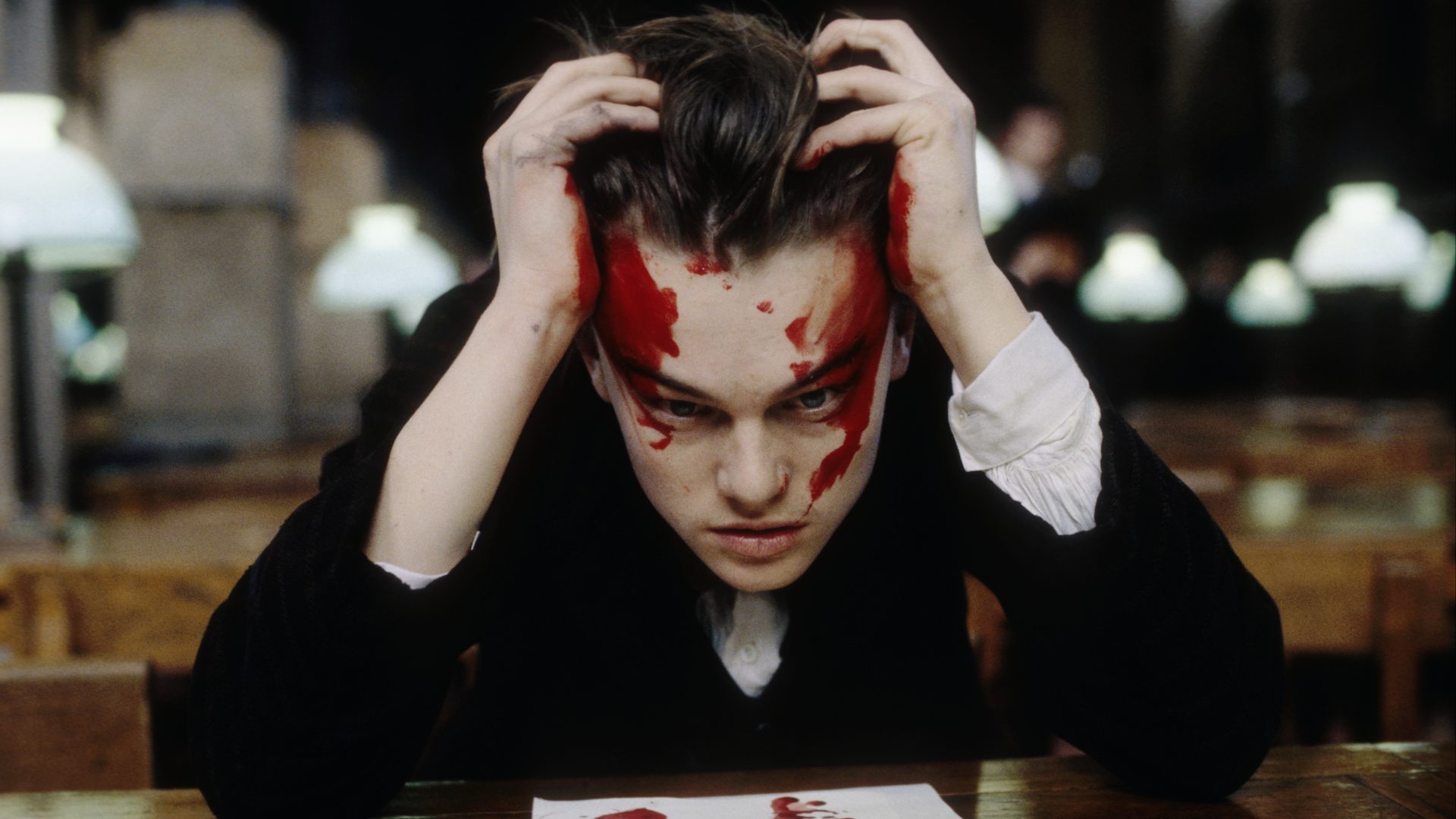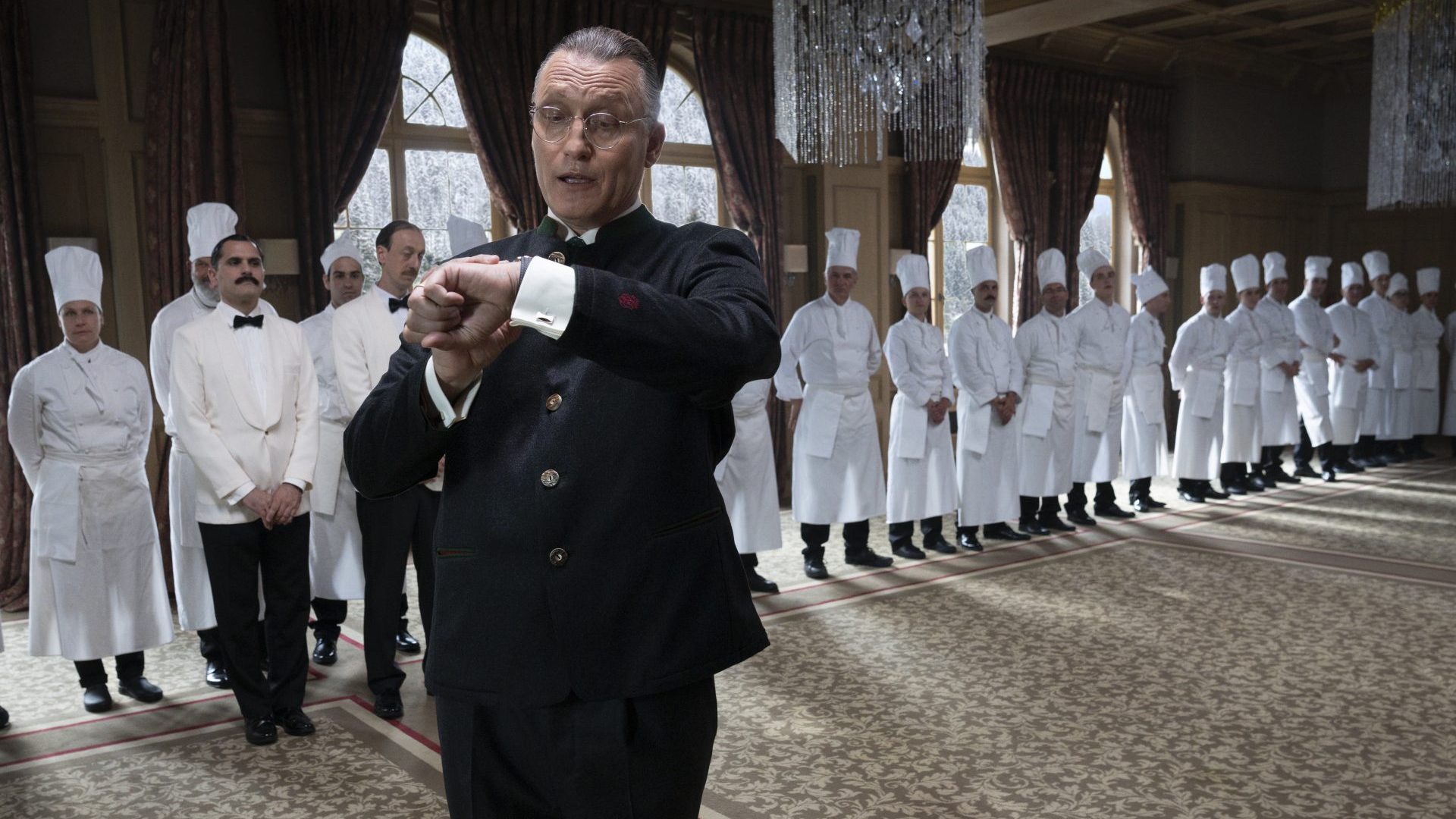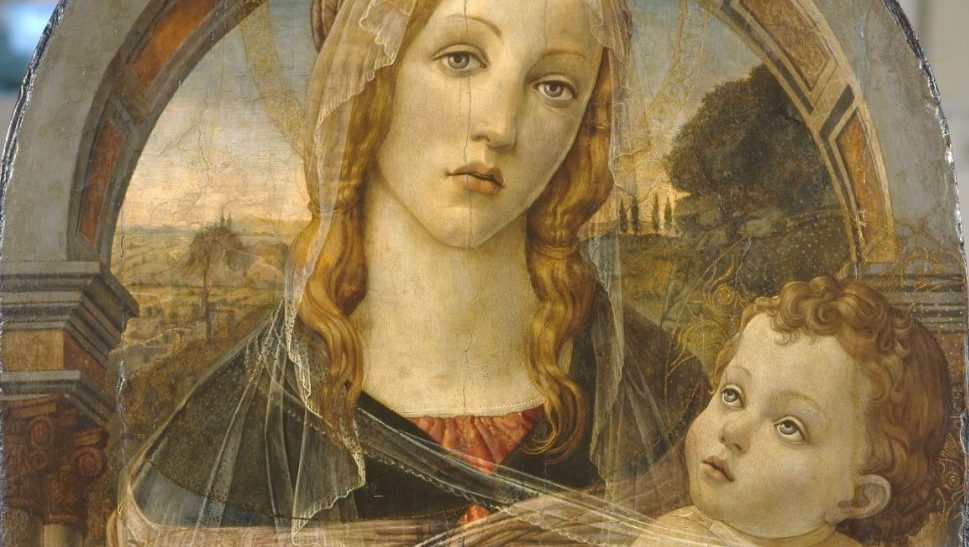One hundred and fifty years ago this week, holed up in a barn at his family’s farm in the Ardennes, 19-year-old Arthur Rimbaud put the finishing touches to his long prose poem Un Saison en Enfer (A Season in Hell). He had reached the end of a wildly chaotic four years of dangerous excess that also encompassed one of the greatest, shortest and most precocious literary careers in history.
“I looked on the disorder of my mind as sacred,” he reflected. “Disaster was my God.”
His left forearm was heavily bandaged, the legacy of a gunshot wound inflicted six weeks earlier by his lover and fellow poet Paul Verlaine who was now serving a two-year sentence in Belgium for attempted murder.
Rimbaud had begun work on A Season in Hell four months earlier in April 1873 but a series of startling events in the interim, not least being shot, had drawn him home to complete the last volume he would ever produce. Outside, the rest of the family worked to bring in the harvest.
Whether you are a fan of Rimbaud or not, and he certainly divides opinion, it is impossible to deny that his story is unparalleled in the history of literature. Between the ages of 16 and 19, he composed an astonishing body of work that anticipated many of the cultural movements to come, from symbolism to surrealism, Dadaism to punk. While other poets had shown evidence of precocity in their early work, not only did the teenage Rimbaud forge his own stylistic path, he did so having already mastered and bypassed traditional poetic form. Not only that, he conveyed a deep insight into being human that should have been impossible for one so young.
Today, Rimbaud stands alongside Baudelaire and Mallarmé as one of the most vital presences in and influences on modern French poetry, a status he’d earned before even being old enough to vote.
A Season in Hell, which its author describes in its opening passages as “pages from the diary of a damned soul”, would serve as a rejection not just of his relationship with Verlaine but of everything he had ever achieved, a strange, unsettling prose poem described by his biographer Edmund White as “a half-heard dialogue, a series of muted ripostes and half-heard arguments, reproaches, disagreements”. He quotes and misquotes examples of his own past work, holding them up for ridicule and concluding that for the previous four years, he had “expressed myself as ridiculously and strangely as possible”.
Perhaps, as he made his last tweaks and corrections, Rimbaud ran his fingers over the bandage on his wounded arm and, to a soundtrack of the chickens in the barn below, reflected on how it had possibly come to this.
It was barely two months since the whole situation had turned on a bottle of oil and a fish. On July 3 1873, Rimbaud and Verlaine were a couple of years into their intense, destructive, alcohol and opium-fuelled relationship and had washed up in London, lodging in Camden Town. That afternoon, Verlaine had gone out for some shopping and when he returned, carrying a bottle of oil and a fish, he saw Rimbaud at the window, laughing at him.
“I climbed the stairs anyway and went in,” recalled Verlaine. “‘Have you any idea how ridiculous you look with your bottle of oil in one hand and your fish in the other?’ said Rimbaud. I retaliated because, I assure you, I did not look ridiculous.”
Having launched the unfortunate fish at Rimbaud, Verlaine stormed out, walked to St Katharine’s Dock and took the first boat to Belgium, determined to win back the wife and child he had deserted in favour of the teenage Rimbaud, who was a decade his junior.
A week later, on July 10, Rimbaud had arrived in Brussels after receiving a letter from Verlaine threatening suicide, joining him at the Hotel de la Ville de Courtrai. That morning, after drinking all night, Verlaine stumbled blinking into the morning sunshine and purchased a revolver. Later in a café on the Grand Place, Rimbaud confirmed to Verlaine his intention to leave for Paris that day. A heated discussion ensued and continued back at their hotel room where, according to Rimbaud, “I was standing with my back to the wall on the other side of the room when he said: ‘This is for you, since you are leaving!’ or something like that. He aimed his pistol at me.”
Verlaine fired two shots; one missed, the other hit Rimbaud just above the left wrist. The wound was not serious and was bandaged by Verlaine’s mother who was staying in the room next door, and certainly had not served to change Rimbaud’s mind.
After a brief visit to hospital, the trio set off for the railway station, Verlaine still hopeful of persuading his erstwhile lover to stay. Realising his pleas were futile, he ran ahead, turned and reached inside his jacket for the revolver. Rimbaud ran for his life until he fell into the arms of a policeman, Verlaine was arrested on suspicion of attempted murder, and a few days later, despite a last-minute attempt by Rimbaud to withdraw the charges, received the maximum sentence of two years.
What became known as the “Brussels Incident” occurred almost three years to the day after Rimbaud arrived in Paris for the first time at the end of August 1870, finding the city in turmoil at the height of the Franco-Prussian war, days from the declaration of the Third Republic and months ahead of the Paris Commune.
Rimbaud was already showing immense promise as a poet, potential he felt could only be realised by decamping to France’s famously bohemian creative hub. On arriving at Gare du Nord without a ticket, however, he was immediately arrested, imprisoned for vagrancy, and sent home.
Undeterred, he wrote to every Parisian poet he could think of, pleading for their hospitality and enclosing samples of his verse, eventually receiving an invitation from Verlaine to stay at his home. “Come, dear great soul,” Verlaine wrote, stunned by the quality of the teenager’s writing. “We call you, we await you.”
Rimbaud arrived at the house Verlaine shared with his heavily pregnant wife Mathilde in September 1871, shortly before his 17th birthday. Verlaine was captivated by Rimbaud’s charisma and looks as much as his verse, describing him as “an angel in exile, with unruly light chestnut hair and eyes of a disquieting blue”. While his hair was certainly unruly and light chestnut and his eyes were a vivid blue, Rimbaud fell some distance short of being an angel.
Throughout history, the culturally inclined have bent over backwards to excuse awful behaviour by those whose work they admire. Arrogance, temper, violence, sexual predation: few descriptions have traditionally done as much excusing as “tortured genius”, but Rimbaud managed to behave so badly in Paris he made the Marquis de Sade look like Alan Bennett, spending his time in the city taking egregious advantage of the Verlaine’s hospitality and generally behaving like a colossal arsehole.
Embracing what he considered to be the bohemian lifestyle, Rimbaud inserted himself into the Verlaine house, eating all their food, barely acknowledging their attempts at conversation, never bathing, never changing his clothes and smoking a pipe apparently packed with the foulest-smelling tobacco concoction known to man.
He revelled in using the work of other poets from their social circle as toilet paper and was delighted to discover he was riddled with hair lice, encouraging their propagation and developing a technique to distribute them on to anyone foolish enough to risk close proximity. He was almost permanently drunk, too: one day Mathilde came home to find Rimbaud had sold some of their furniture to buy absinthe.
While they could appreciate what Verlaine saw in Rimbaud’s talent, even the notoriously laissez-faire bohemians of the Left Bank began giving the obnoxious teenager a wide berth. In Verlaine’s eyes, his protege could do no wrong, to the point where the men embarked on a sexual relationship and eventually left Paris together, first for Brussels, then London, playing out a toxic co-dependency that culminated in Verlaine, crazed with absinthe and lust, firing his revolver in a shabby Brussels hotel room.
Rimbaud finished A Season in Hell in September 1873 and commissioned 500 bound copies from a Brussels printer. He collected 10 to distribute among acquaintances but did not have the means to pay for the rest, which sat in the printer’s storeroom for the next 30 years before being discovered and added to Rimbaud’s dramatically increasing posthumous reputation as a poet.
Verlaine was released from prison in 1875. The pair met once more, in Stuttgart, where Rimbaud gave him a copy of his extraordinary collection Illuminations, poems written mostly during the pair’s time in London. Then Rimbaud detached himself completely from the world of literature and set about trying to make his fortune.
He joined the Dutch Colonial Army and was posted to East Asia, deserted in Java, worked his way back to France and became foreman at a quarry in Cyprus. He worked in Yemen for a while before striking out on his own as a coffee merchant and arms dealer in Abyssinia where in 1891 he developed bone cancer, returning to France to have his right leg amputated below the knee. By November of that year, however, the cancer had spread far enough to kill him just three weeks after his 37th birthday.
“Priests, professors, masters, you are wrong to turn me over to Justice,” he wrote in A Season in Hell 150 years ago this summer, anticipating the biggest turning point of his brief life. “I have never belonged to this people. I have never been Christian. I am of the race that sang under torture. I do not understand your laws. I have no moral sense; I am a brute.”




